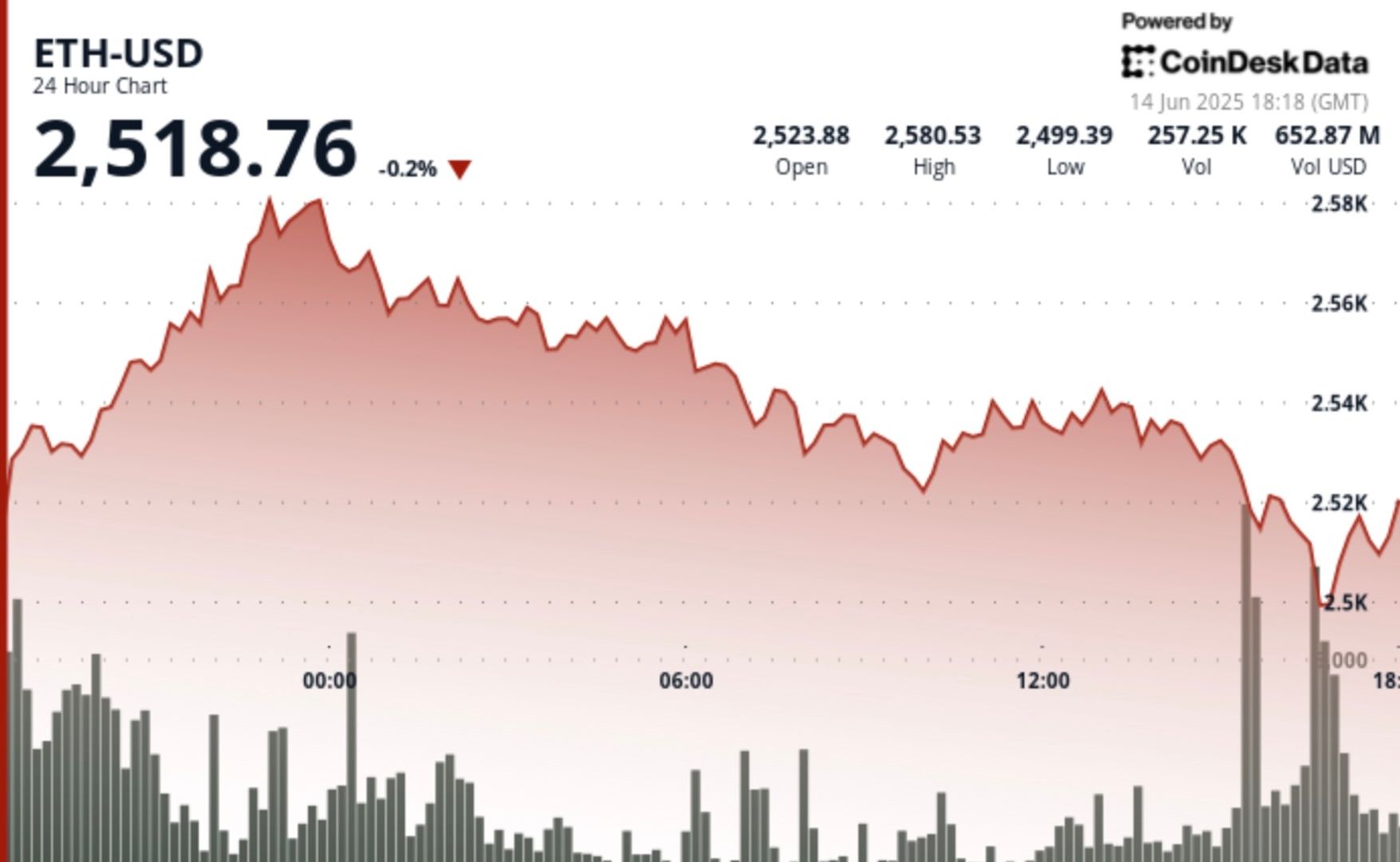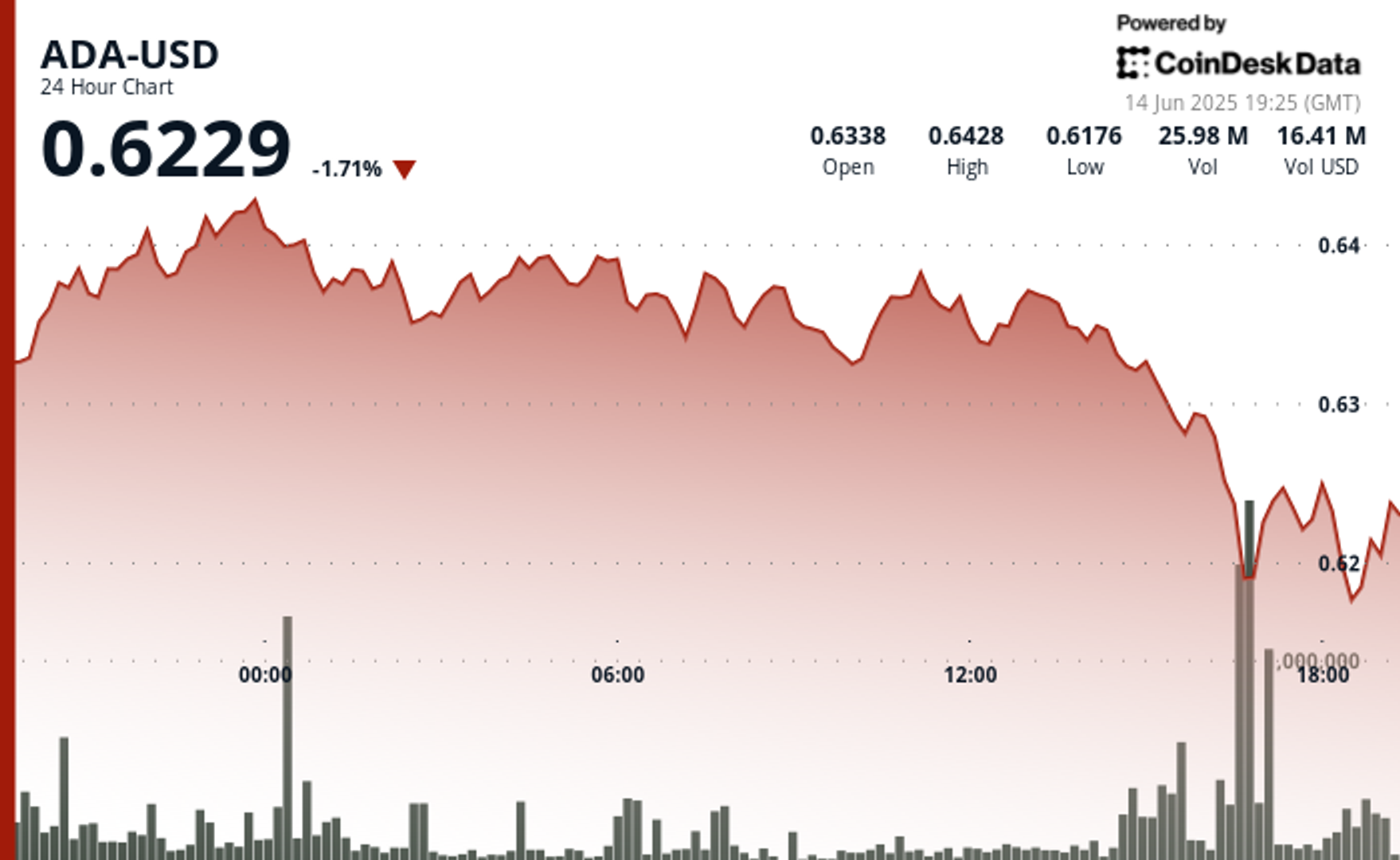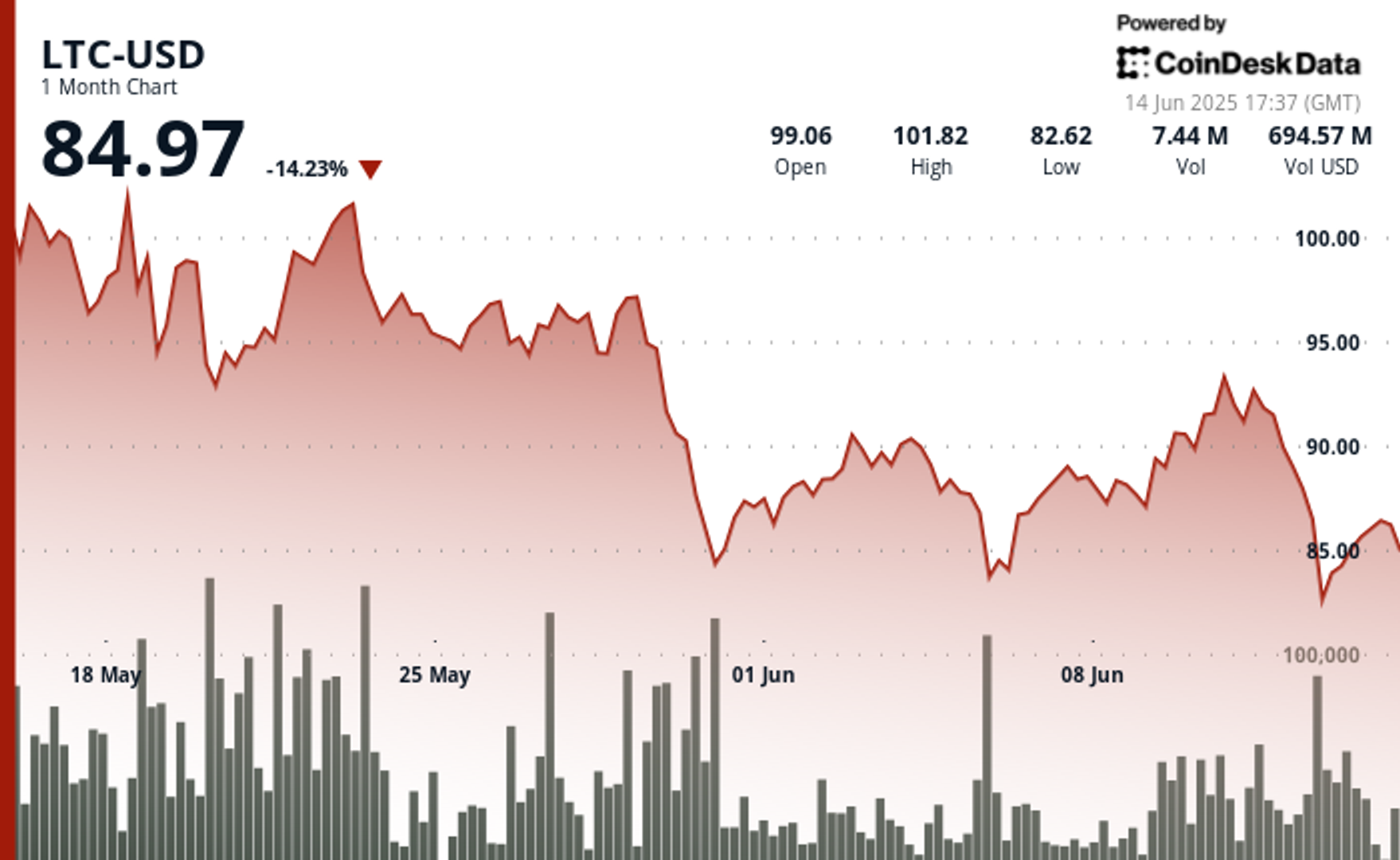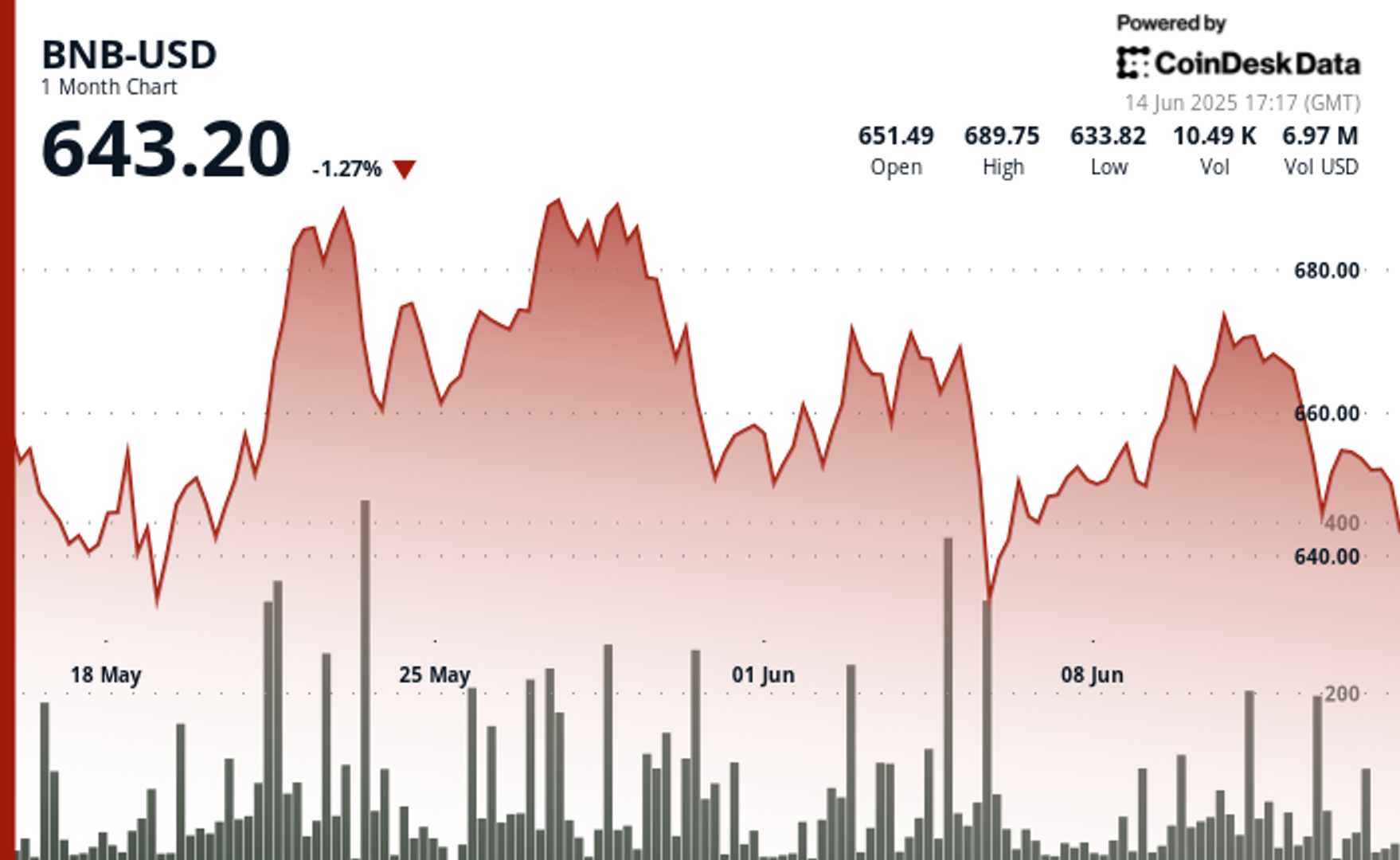
An analysis by JPMorgan suggests that the U.S. stock market’s recent sell-off hasn’t been driven by concerns about the economy falling into recession.
Mounting uncertainty over the impact of President Donald Trump’s tariff plans on the economy, U.S. trading relationships and the labor market, with stubborn inflation continuing to strain Americans’ household budgets.
“U.S. growth concerns due to tariff uncertainty is often mentioned in our client conversations as a major reason for the recent U.S. equity market correction,” wrote a team of J.P. Morgan analysts led by Nikolaos Panigritzoglou last week. “Indeed on our estimates, the implied probability of a U.S. recession embedded across asset classes continued to creep up over the past week as risk markets suffered losses and as U.S. Treasury yields decline.”
However, the JPMorgan analysts’ review suggested that the correction may have been caused mainly by quantitative hedge funds that use algorithmic strategies to adjust positions, rather than concerns about a recession.
CONSUMERS LOADING UP ON BOOZE AS TRUMP THREATENS MASSIVE TARIFF ON ALCOHOL FROM EU
“The recent U.S. equity market correction appears to be more driven by equity quant fund position adjustments and less driven by fundamental or discretionary managers reassessing U.S. recession risks,” they wrote.
The report noted that credit markets are sending a less recessionary signal than equities and a bond benchmark.
As of March 11, the S&P 500 Index suggested a 33% implied probability of recession, while the 5-year Treasury implied a 46% chance, base metals 45% and the Russell 2000 Index a 52% chance. By contrast, U.S. high-grade credit markets implied a 12% recession chance and U.S. high-yield credit just a 9% probability.
“If one puts more weight on credit markets and dismisses U.S. recession risk, what then explains the correction in U.S. equities and in particular Nasdaq? Looking across investor types, retail investors are unlikely to be the culprits,” the analysts wrote. “As we highlighted in our recent publications, retail investors continued their ‘buying the dip’ behavior over the past three weeks.”
“In our mind the most likely culprits are equity hedge funds and in particular two categories: Equity Quant hedge funds and Equity TMT Sector hedge funds,” the analysts said. They went on to note that more traditional hedge funds focused on long or short equity positions played less of a role in the pullback given their equity beta, a financial metric, rising in February.
GET FOX BUSINESS ON THE GO BY CLICKING HERE
“If the above assessment is correct and equity quant hedge funds played more of a role than their discretionary counterparts, then the recent U.S. equity market correction would appear to be more driven by fundamental or discretionary managers reassessing U.S. recession risks,” the analysts explained.
“And if U.S. equity ETFs continue to see mostly inflows as they have thus far, there is a good chance that most of the current U.S. equity market correction is behind us,” they added.





